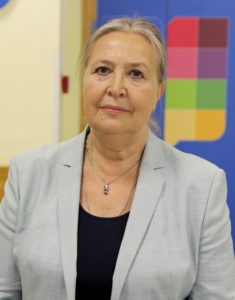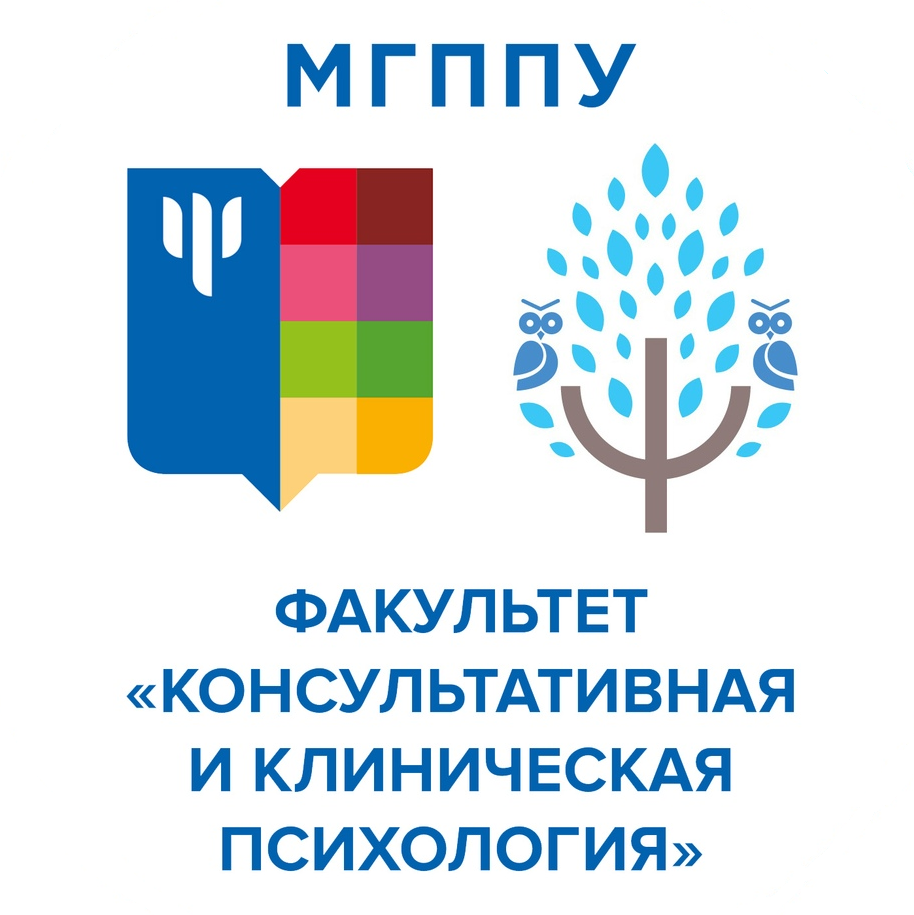
Head
Filippova E.V.
Candidate of Psychological Sciences, Professor
About
The department carries out graduation under the master’s program «Child and family psychotherapy» (direction 37.04.01 «Psychology»), and also participates in the preparation of bachelors in the direction 37.03.01 «Psychology» and specialists in the specialty 37.05.01 «Clinical psychology».
The department aims to train highly qualified specialists for psychological preventive, psychological and psychotherapeutic work with problem children and families.
The department trains specialists who are able to provide assistance to children with disabilities in the development of the cognitive, emotional-volitional sphere and personality, behavioral disorders, communication problems, children who have experienced psychological stress and trauma, as well as families in difficult life situations, experiencing family conflicts and crises.
The preparation of a qualified child or family psychotherapist involves compulsory postgraduate education, we see the main task of the department in the propaedeutics of psychotherapy, which includes familiarizing students with the main methods, directions and techniques of child and family psychotherapy, mastering a wide range of diagnostic methods and techniques for corrective and developmental work with children, mastering the skills of counseling children and families.
Value orientations of the department:
- Faith in the child, orientation to the best in him, reliance on the psychological resources of the child.
- Attitude towards parents as allies in psychological work with children, understanding the need for their support.
Education at the department proceeds from the position that the basis of helping a child should be: acceptance and understanding, knowledge of the laws of mental development, taking into account the individual and age characteristics of the child, the zone of proximal development. The position that the problems of the child cannot be considered outside the problems of the family and the social situation of development.
The teachers of the department have research work aimed at studying the factors affecting the mental development of the child and family interaction, at working out and comprehending the scientific foundations of the process of psychotherapy with children and families, building links between psychotherapy and developmental psychology.
Science
Scientific work at the Department of Child and Family Psychotherapy is devoted to the study of the family as the basis for the psychological safety of children, the influence of family and parent-child relationships on their mental development, the study of the theoretical foundations of integrative psychotherapy with children and adolescents.
The following areas of scientific work are distinguished at the department:
1. Attachment to parents in the context of relationships with peers, marital relations, gender identity; trust in people; family communication (E.V. Filippova)
2. Sociocultural aspect of family relations; development of gender identity; types of women’s leadership in normally functioning and dysfunctional families (T.P Gavrilova).
3. Sibling and parent-child relationships in families of children with chronic somatic diseases; relationships with peers of children with siblings; the influence of ancestral figures on the mental development of children (M.V. Bulygina)
4. Analysis of the theoretical foundations of Gestalt therapy in dealing with problems and difficulties in children and adolescents (N.B Kedrova)
5. Family relations in interethnic families; satisfaction with marriage in families of different types; Attitudes towards family life in different social groups (E.Yu. Chebotareva)
6. Development of the emotional sphere of a person; developmental features of autistic children; connection between modern culture and the formation of autistic traits in children of different ages (O.S. Nikolskaya)
7. Manifestations of aggression in the behavior of children and adolescents (O.V. Koval)
Programs
